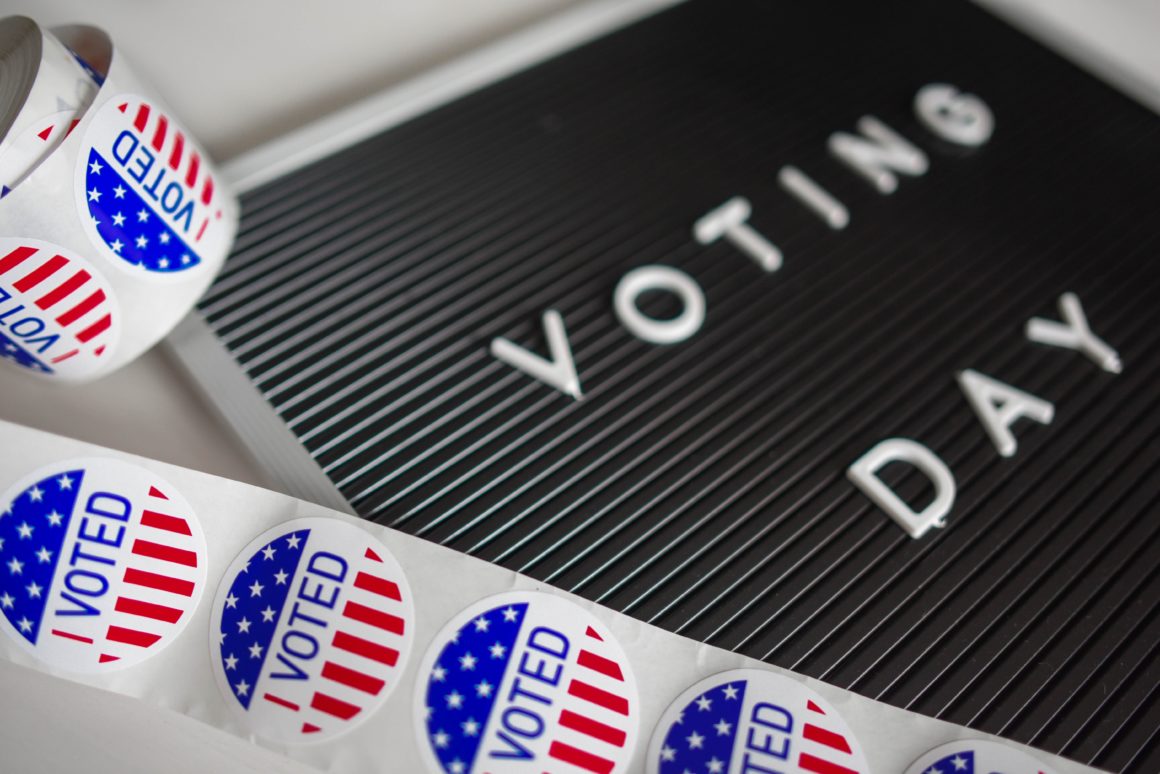
Where Do Candidates Stand On Student Debt?
It’s a big election year for all sorts of reasons. With the candidates offering divergent solutions for issues ranging from global warming to immigration, it’s hard to keep track. One of the many issues veterinarians will be keeping an eye on is where the candidates stand on student debt. While the Republic nomination will almost certainly go with President Trump, the Democratic field is less clear with 4 viable candidates. We try to make sense of their various positions.
Donald Trump
The president has made no secret his disdain for the Public Service Loan Forgiveness (PSLF) program. He included a provision for eliminating the program in both the 2018 and 2019 budgets. This would affect veterinarians working in governmental, not for profit and university jobs. Although not directly affecting current veterinarians, he also has proposed doing away with subsidized student loans. President Trump has also proposed the elimination of all the income-driven repayment plans and replacing them with a single plan. The proposed replacement would cap borrower’s monthly payment at 12.5% of discretionary income. It would also provide for student debt forgiveness at 30 years for veterinarians and others with graduate school debt. Perhaps the most concerning of his proposals is a lifetime cap on borrowing for graduate education.
There is still a lot that remains to be seen. Important details such as how a married couple’s income will be treated in the new plan and the life-time loan maximum have yet to be announced. It’s possible that veterinary school could become out of reach for all but the wealthiest of families. Certainly something to watch.
Bernie Sanders
Probably the most radical and simple of all the proposed solutions. Place a small tax on Wall Street transactions and use the money to release all Americans from student loan debt. That’s right, loan forgiveness for everyone! Certainly has appeal. He also wants to eliminate tuition at all public colleges, universities and trade schools. Other proposals include a cap student loan interest rates at 1.88%.
Joe Biden
A candidate that seems more focused on undergraduate education; however, there is some good news for veterinarians. Although most of Mr. Biden’s focus has been on free community college and job training, he has proposed replacing the current income driven plans. The proposed replacement has a maximum monthly payment of 5% discretionary income and loan forgiveness after 20 years. If he does receive the nomination, it will be interesting to see how this proposal shapes up.
Elizabeth Warren
Senator Warren has proposed forgiving up to $50,000 in federal student loans for all borrowers with a household income of $100,000 or less. This might eliminate many veterinarians, especially those that are married; however, her plan would offer partial forgiveness to those who make between $100,000 and $250,000. With the average veterinary student graduating with over $150,000 of debt, this doesn’t have as much appeal as Bernie Sanders’ plan. Most of Senator Warren’s proposal revolves around “universal free college”. She proposes paying for this with a tax on the ultra-rich.
Pete Buttigieg
Along with having the most difficult name to pronounce, he is also the youngest candidate in the 2020 presidential race. Most of his proposals would affect future undergraduate students not current grads. These include a plan to make college more affordable by investing $500 billion in education. He is also proposing that public universities should be tuition-free for students whose families make less than $100,000; however, it’s not clear if that would include graduate programs such as veterinary school. So far, we have seen little that would affect the status quo for current veterinarians.
In the end…..
So where the candidates stand on student debt? It’s hard to know exactly. One thing to remember is that these are just proposals and subject to change. In addition, any change to the student loan system would literally take an act of congress. President trump has tried to push a number of reforms including the elimination of public service loan forgiveness, with little success. A lot of what happens in the next 4 years may depend on who is elected to congress as much as who sits in the White House.




